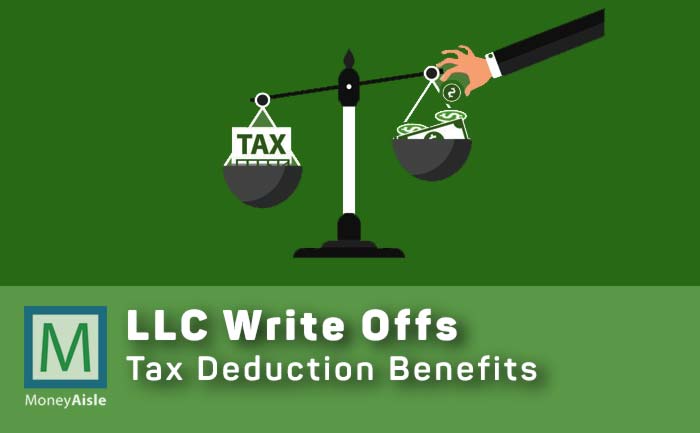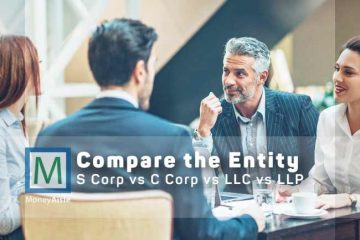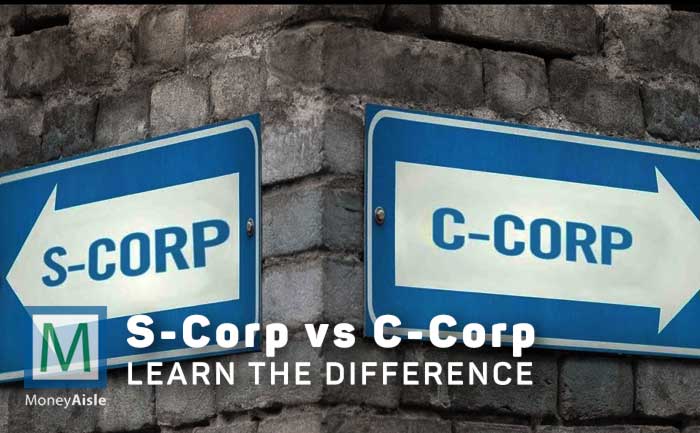An LLC (limited liability company) is a separate legal entity from its owner. Therefore, all LLC members have limited liability protection, and their personal assets are protected from business liabilities. But, how does LLC protect you in a lawsuit? Let’s discuss this in detail.
An LLC protects you in a lawsuit. LLC protects its members by keeping business assets separate from personal assets i.e. if the LLC is sued and a judgment is rendered against it, the plaintiff can only go after the assets of the LLC and not the personal assets (bank accounts, real estate, vehicles, etc) of the members. However, an LLC does not always protect personal assets. There are situations such as where LLC owners are personally held liable. For example personally guaranteed debts, unpaid payroll taxes, professional malpractices, wrongdoings, etc.
If your small business or startup is facing potential legal issues, it’s important to understand how starting an LLC can help protect you from financial losses.
Due to some minor negligence, many LLC members face issues and risk their personal assets in the event of lawsuits.
Therefore, to ensure personal asset protection under an LLC you must:
- Keep business accounts and assets separate from personal assets
- Ensure that the LLC is properly formed and maintained
- Avoid any issues with piercing the corporate veil.
How Does an LLC Protect in a Lawsuit?
An LLC is a legal business structure that separates the entity from its owners. By providing limited liability protection like corporations, LLC shields the personal assets of its members in the event of lawsuits and other business liabilities.
This means that members are typically only liable for the debts and obligations of the LLC to the extent of their capital contributions. This protects members from being held personally liable for any judgments or settlements resulting from a lawsuit against the company.
Essential Steps to Protect Both Personal and LLC Assets
There are several steps that can be taken to protect both personal and LLC assets in the event of a lawsuit:
1. Maintain Proper Corporate Formalities
This includes holding regular meetings, keeping minutes, and maintaining separate bank accounts and financial records for the LLC.
By following these formalities, you can demonstrate that the LLC is a separate legal entity and that the LLC assets are not being used for the personal use of the LLC members.
2. Adopt a Written Operating Agreement
A written Operating Agreement lays out the rights, responsibilities, and obligations of the members and can help to prevent disputes and misunderstandings.
As it demonstrates the capital contribution and profit distribution, it helps to understand which assets belong to the LLC and what comes under the personal asset of LLC members.
3. Comply with all Laws and Regulations
It is important to ensure that the LLC is in compliance with all relevant laws and regulations, including those related to taxes, labor, and environmental protection.
If a member is found to have engaged in illegal or fraudulent activities, they may be held personally liable for the actions of the LLC.
4. Obtain Proper Insurance
Obtaining proper insurance for the LLC can provide protection in the event of a lawsuit.
This can include general liability insurance, which covers third-party claims for bodily injury or property damage, and errors and omissions insurance, which covers professional malpractice claims.
Also see: Does LLC Protect Doctors? LLC Asset Protection for Physicians
5. Keep Personal and LLC Assets Separate
It is important to maintain a clear separation between personal and LLC assets. This includes keeping separate bank accounts and financial records and avoiding commingling funds.
6. Avoid Giving Personal Guarantees
Giving a personal guarantee for the LLC’s debts or obligations can put personal assets at risk.
Members should be cautious about giving personal guarantees and should consider other options, such as obtaining the best LLC business loan or line of credit in the name of the LLC. (see how to get a business loan as LLC)
7. Building LLC Credit
Building credit for the LLC can help to separate the credit history of the LLC from the personal credit history of the members.
This can be done by obtaining loans or lines of credit in the name of the LLC and making timely payments on those debts.
8. Establishing Series LLC
A series LLC is a type of LLC that allows for the creation of separate “series” within the LLC.
Each series can have its own assets, liabilities, and management structure.
This can provide additional protection for assets as the assets of one series would not be affected by the liabilities of another series.
9. Putting LLC assets in a trust
LLC assets can be placed in a trust, which can provide additional protection from creditors and potential lawsuits.
This can be done by transferring the ownership of the assets to the trust, and having the LLC lease the assets from the trust.
10. Avoid Keeping Too Much Money in LLC
Having too much money in the LLC can put the LLC’s assets at risk in the event of a lawsuit.
To avoid this, members should consider keeping only enough money in the LLC to cover the current and foreseeable business expenses and keeping the rest of the money in a separate account.
By taking these steps, members can help to protect both personal and LLC assets in the event of a lawsuit.
It is always recommended to consult with a lawyer who specializes in LLC laws to get a better understanding of what steps to take to protect your LLC and personal assets.
Practices that Put Personal Assets at Risk
Despite the limited liability protection of an LLC, there are some situations that put the personal assets of LLC members at risk. Some of these situations are stated below:
Piercing the Corporate Veil:
In some cases, a plaintiff may attempt to “pierce the corporate veil” and hold individual members personally liable for the actions of the LLC.
This typically only occurs in cases where the LLC has not been properly formed or maintained, or if the LLC has been used to engage in illegal or fraudulent activities.
To avoid this, it is important to ensure that the LLC is properly formed and maintained. Moreover, make sure that all business activities are conducted in accordance with the law.
Alter Ego
Alter ego is a legal concept that refers to a situation where an individual uses a separate legal entity, such as an LLC, to conduct their personal business.
In such cases, a court may “pierce the corporate veil” and hold the individual personally liable for the actions of the LLC.
This can occur if the individual has not maintained a proper separation between the LLC and their personal affairs and if the LLC has not been treated as a separate legal entity.
To avoid this, it is important for LLC members to maintain proper corporate formalities, such as holding meetings and keeping minutes, and to maintain separate bank accounts and financial records for the LLC.
Personal Wrongdoing:
If a member of an LLC is found to have personally engaged in illegal or fraudulent activities, they may be held personally liable for the actions of the LLC. This can include things like embezzlement, fraud, or breach of fiduciary duty.
To avoid this, members should ensure that they are following all laws and regulations related to their business and that they are not engaging in any illegal or fraudulent activities.
Personal Guarantee
A personal guarantee is a promise by an individual to be personally liable for the debts or obligations of the LLC.
This can occur if a member of an LLC personally guarantees a loan or line of credit for the LLC. In such cases, the lender can go after the personal assets of the member if the LLC is unable to repay the loan.
To avoid this, members should be careful about giving personal guarantees for the LLC’s debts or obligations.
Conclusion
LLCs provide personal liability protection to their members but, it’s important to keep in mind that members can still be held personally liable in certain circumstances, such as if they use the LLC as an alter ego, engage in personal wrongdoing, or give personal guarantees.
To mitigate these risks, members should maintain proper corporate formalities, follow all laws and regulations, and be cautious about giving personal guarantees.
By following these steps, members can help to provide additional protection for both personal and LLC assets against lawsuits. However, it is important to note that each state has its own LLC laws and regulations, so it’s highly recommended to consult with a lawyer who specializes in LLC laws to understand how to best protect your LLC and personal assets.

Aisha Noreen is an owner of a small business with more than 9 years of experience in the marketing industry. With the wisdom of an old soul, she always seeks innovation and mind-blowing ROI techniques. Her unique approach helped many small businesses thrive and she can surprise you in many ways as well. Believe it or not, her energy, passion, and creativity are contagious enough to transform your business and take it to another level.





